Tay Wei Ming of Singapore spoke to Badzine of the challenges faced by a member of a small para-badminton team taking on the talent from Malaysia, Indonesia, and elsewhere.
Story and photos by Don Hearn
Singapore’s Tay Wei Ming was a double silver medallist on his last trip to Korea, for the 2012 Asian Para-Badminton Championships. As he explains, that was his first tournament in the Standing Category 5 and he was stopped only by the perennial double-gold-winner Cheah Liek Hou.
At the 2014 Incheon Asian Para Games, however, Tay run up against the eventual silver medallists in both singles and – with partner Kelvin Pung Wai Hwa – in doubles. Despite pushing each to three games, the campaign for both him and Pung ended early, on quarter-finals day in Incheon.
After coming up short in their men’s doubles quarter-final, Tay spoke to Badzine about his experiences and challenges facing himself and his team-mates.
Badzine: The last time you were in Korea, you won two silvers but this time, it was tougher going. What do you think made the difference?
Tay Wei Ming: This time around, the draw was not so smooth. We had a tough draw for both singles and doubles as well.
Overall, for my performance, I need to be more mentally focussed, more mentally prepared for unforeseen circumstances.
I performed well when I met my Indonesian opponent [Oddie Kurnia Dwi Listyanto] in the second match of the round robin so I’m quite satisfied with that performance.
I have met strong Indonesian players before but I performed well in the Para SEA Games in 2009 and 2011, when I was still competing in Class 4. From the Asian Para-Badminton Championships in 2012, it was during that competition that we were promoted to Class 5.
Of course, when you go up a class, you meet even tougher opponents so you have to train even more, you have to be stronger.
I met the Indonesians 4 months ago at the Indonesian Para-Badminton Championships. They are of course the powerhouses. They swept the top 3 or 4 positions in each of the categories.
The Indonesians are good. They are very mentally strong and of course, the skill level is there. So these two factors, I need to learn from them.
Badzine: Do you think the size of their programme also makes a difference? Is it difficult to get sparring opportunities with a small team like you have in Singapore?
Tay: For para-badminton, I believe the support for sparring partners is not there yet. The reason is that the para-badminton team in Singapore is a very, very small group. It consists really of 3 or 4 players in Singapore. As such, it is very difficult to approach able-bodied players. Right now, there is no collaboration between the national team and our team and some of the players might not be able to handle the level of the able-bodied national players. The gap is maybe too wide. This is a problem we are facing right now.
On top of that we are trying to source young talent and female players. I think in Singapore it is difficult to lure disabled people out to participate in sports. Disabled people in Singapore might lack self-confidence. They might focus on studies more rather than sports so we have to source out the young breed and female players. That’s what we’re facing now.
For myself, I’m quite fortunate that my coach, Simon Koh, is actually an ex-national coach so he has some contacts in the national youth squad so he takes me to the Singapore Sports School to have a sparring session once or twice a week. So I think that is very helpful to me. I need that kind of exposure I need players of that level to be able to spar with me.
Badzine: Although the level of competition might be similar here to what you would find at the continental or World Championships, do you find a big difference in the feel of the event when you are at something like the Asian Para Games?
Tay: I would say that the World Championships, compared to the Para SEA Games or Asian Para Games, is definitely a higher level: more organized, more prestige. It depends on the publicity of the host country: whether they are able to promote para-badminton and then get members of the public from their country to come into the stadium and support.
I remember that four years ago, when I went to the 1st Asian Para Games in Guangzhou, China was very supportive. I heard that they even gave free tickets to Chinese students to come in to support
That was a knockout tournament, too, and my first opponent was a Chinese player, the world #1.
Wow, I was really amazed. The Chinese students came into the stadium and they morally supported the Chinese player. The whole hall shook. I was overwhelmed.
So I guess it depends on the promotion by the host country and also on how the players get their team-mates, etc. to come and support.
Also the Asian and World Championships are still larger tournaments and they are more properly coordinated in terms of accommodation and transport. There is greater frequency of the buses because there are more countries taking part.
Of course, with the World Championships, Asian players are able to interact with players from Europe. It’s a new kind of exposure because we can feel that Asian players have their own style of playing and European players have their own style of playing. We have the opportunity to learn from each other.
![SPOTLIGHT – Tay takes on the powerhouses Tay Wei Ming of Singapore spoke to Badzine of the challenges faced by a member of a small para-badminton team taking on the talent from Malaysia, Indonesia, and elsewhere. Story […]](http://www.badzine.net/wp-content/uploads/Newsflash-thumbnail.png)
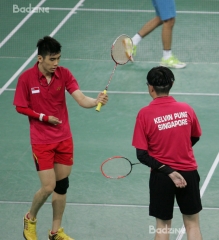
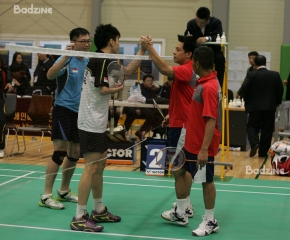
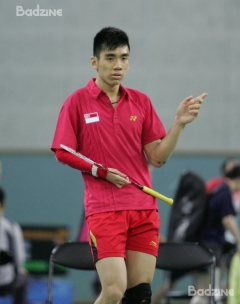
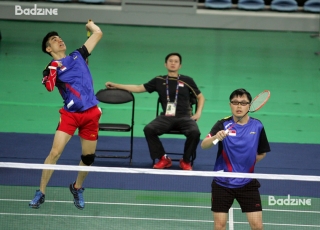
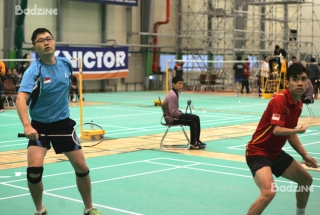
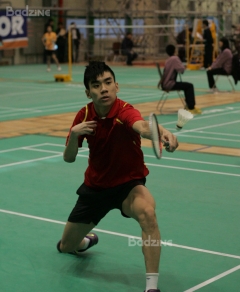

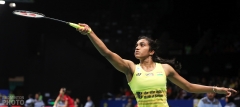
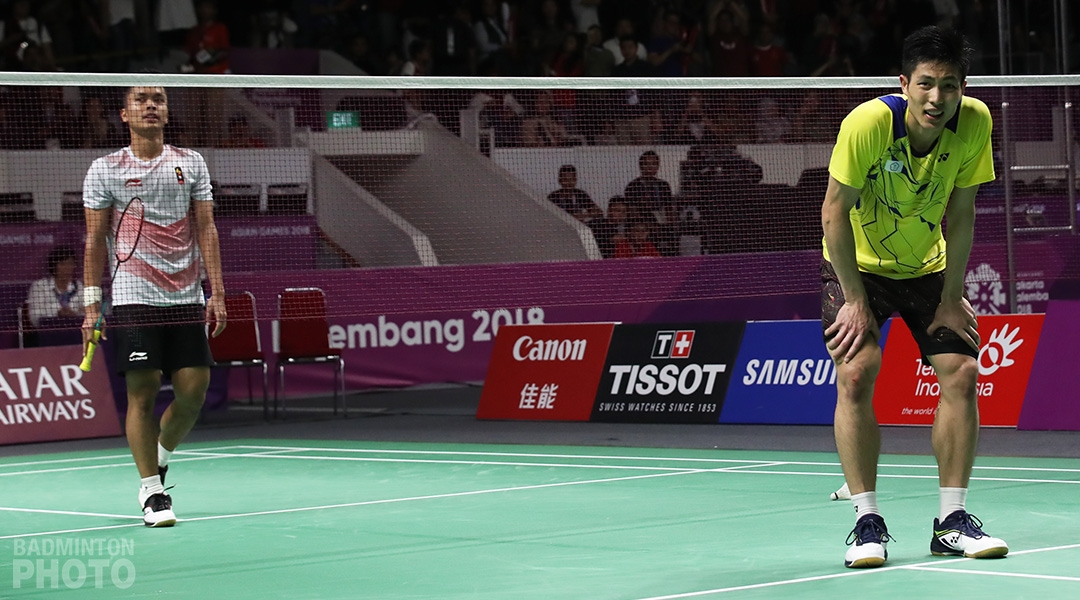
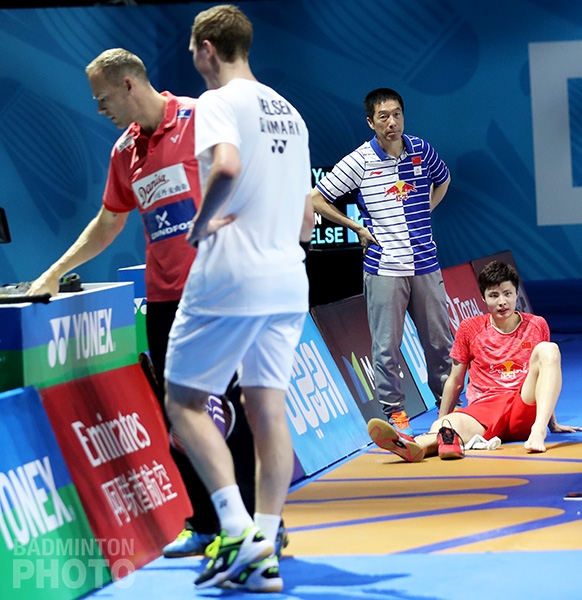
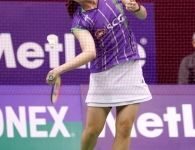

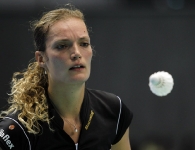
Leave a Reply